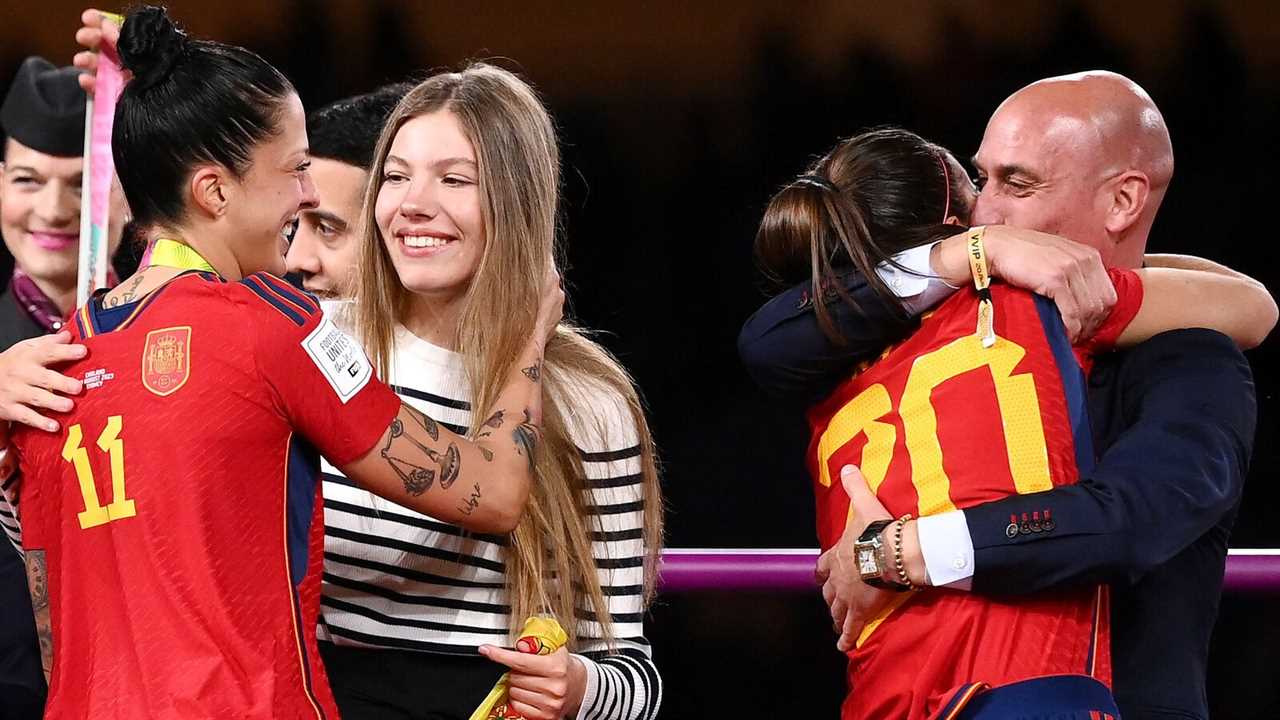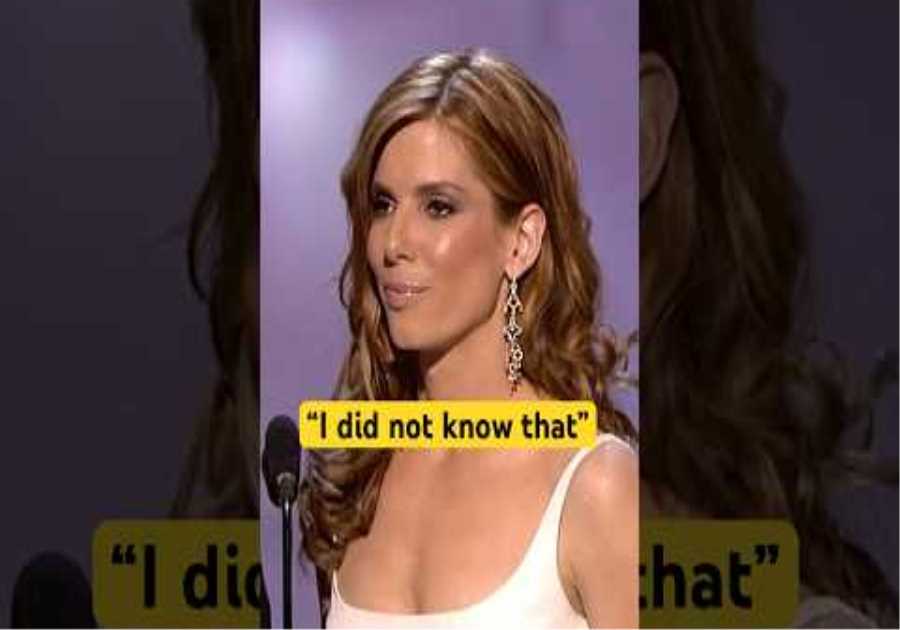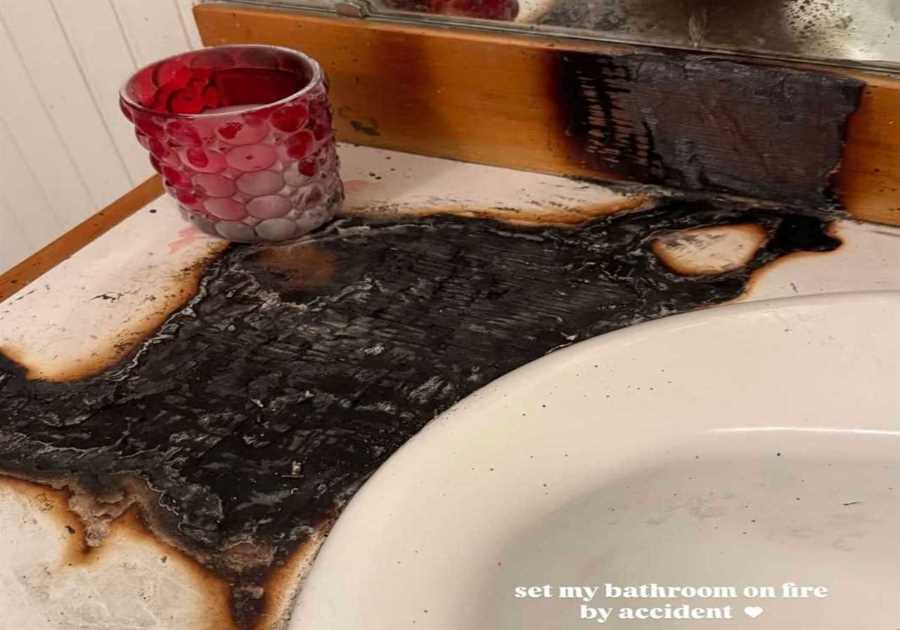
When the president of the Spanish soccer federation, Luis Rubiales, kissed Jennifer Hermoso, a star forward on the Spanish national team that had just won the Women’s World Cup, much of the Spanish news media condemned his behavior. Most mainstream outlets, along with Spaniards on social media, called out the kiss as evidence of a callous disregard for Ms. Hermoso and, more broadly, lingering sexism in soccer.
Not the radio sportscaster Manolo Lama. Mr. Lama said on a popular late-night show on the Cadena Cope radio station, “Those who are angry, it’s because they have never been kissed.” He used the female pronoun for “they” in Spanish.
Earlier, in a post-match interview with Mr. Rubiales, also on Cadena Cope, a popular sports presenter, Juanma Castaño, did not question the federation president about the appropriateness of his behavior. When Mr. Rubiales characterized the kiss as a “peck between two friends celebrating something” and brushed off his critics as “losers,” “idiots” and “stupid people,” Mr. Castaño laughed and said, “I think the same thing.”
As the chorus of condemnation grew over the week following Mr. Rubiales’s actions at the World Cup final, it became harder to defend the federation president.
Prime Minister Pedro Sánchez waded in, calling it “unacceptable” that the soccer chief had kissed a player on the lips without her consent. The secretary of the opposition People’s Party, Cuca Gamarra, described the kiss as “shameful.” On Saturday, the world soccer federation temporarily suspended Mr. Rubiales. On Monday, Spanish soccer officials will hold an emergency meeting about the situation.
Since their initial comments, both sports journalists have apologized to their audiences. Mr. Castaño issued a statement last Monday saying that he now realized the kiss was “more than a mistake with no importance.”
Mr. Lama published an apology of sorts on X, the social media platform formerly known as Twitter, asking last Monday for “forgiveness from those I have offended.” But he did not condemn Mr. Rubiales, and wrote of the kiss: “I simply think it is an act produced from euphoria and without malice.”
“But Spain has become a country of inquisitors,” he continued, “if you think differently, you’ll be stoned.”
The Cadena Cope radio station did not immediately respond to a request for comment.
The kiss has brought the ongoing lively conversation in Spain about the treatment of women back into the fore.
Some of Spain’s conservative mainstream news outlets have used the incident to take a dig at a controversial law passed in August last year by Mr. Sánchez’s Socialist government. The law classifies all nonconsensual sex acts as rape, but initially contained a loophole that allowed some convicted offenders to lower their sentences.
On Saturday, an editorial in Spain’s conservative newspaper, La Razón, described the episode as a “national monstrosity,” and said the progressivism of Mr. Sánchez’s government had created an environment that enabled Mr. Rubiales. “His vulgar and inappropriate behavior in the Women’s World Cup final would have been impossible” the editorial said, without the protection that Sánchez’s government “has provided to his escapades.”
The more left-leaning El País has focused on the emergence of a hashtag in support of Ms. Hermoso: “se acabó,” or “it’s over,” coined by Alexia Putellas, a member of the Spanish national team, who is widely acknowledged as the best female player in the world. An editorial on Saturday said that “women are saying enough to the abuse of power and Spanish society is with them.” By Sunday, El País led with the simple affirmation: “Spain no longer tolerates ‘los Rubiales,’” referring not only to Mr. Rubiales, but to sexist behavior in general.
The sports newspaper AS, which had seemed to initially back Mr. Rubiales, has dropped its support for the soccer chief.
Earlier this week, it ran a headline blaming Ms. Hermoso — “Jenni lets Rubiales take the fall.” By Saturday, after widespread criticism, it was leading with a photo of Mr. Rubiales and a more neutral headline in reference to him, “Struck down.”
Some of his colleagues at the Spanish soccer federation are shifting their allegiance as well.
On Friday, as Mr. Rubiales defiantly announced he would not be quitting, many of his closest colleagues, including Jorge Vilda and Luis de la Fuente, the managers of the Spanish women’s and men’s squads, gave him a standing ovation.
Hours later, FIFA announced Mr. Rubiales’s suspension from soccer for 90 days, and the entire female squad and dozens of other players signed a joint statement saying they would not take the field to play for Spain “if the current managers continue.”
Mr. de la Fuente and Mr. Vilda have now distanced themselves from Mr. Rubiales, with Mr. Vilda saying that he regretted the “inappropriate conduct” of his boss.
-----------------------
By: Rachel Chaundler
Title: Spanish Soccer Chief Finds His Defenders Backing Away
Sourced From: www.nytimes.com/2023/08/27/world/europe/spain-luis-rubiales.html
Published Date: Sun, 27 Aug 2023 14:17:01 +0000






